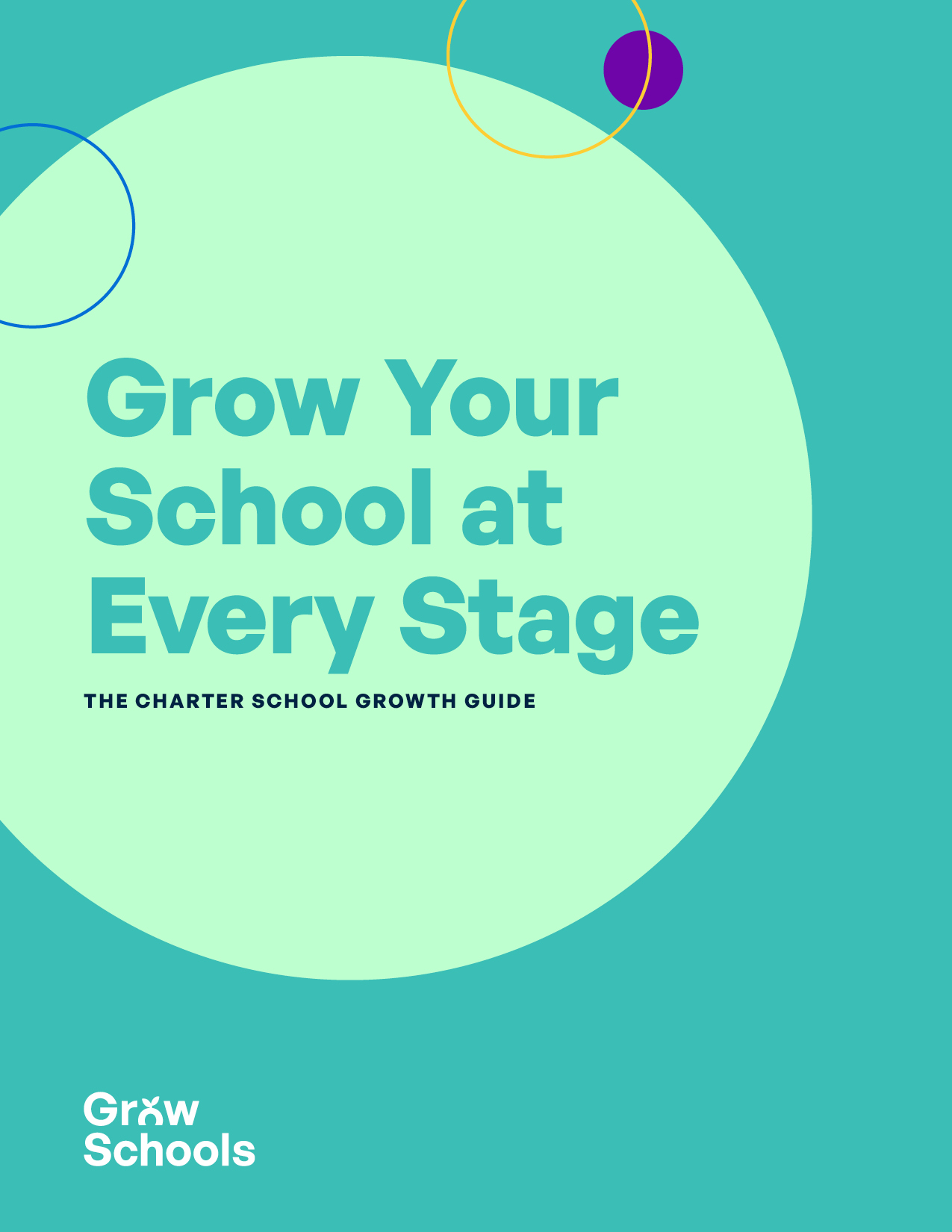Charter schools consistently demonstrate success, even in underserved communities, because of their unique operational framework. Unlike traditional public schools, charter schools operate under a flexibility-for-accountability model that creates powerful incentives for continuous improvement.
The Charter School Success Model
Charter schools are granted operational flexibility in exchange for strict accountability for student outcomes. This framework allows schools to innovate, adapt, and respond quickly to what works best for their specific student populations.
Key Success Elements:
- Operational Flexibility: Freedom to design curriculum, staffing, and school culture
- Performance Accountability: Transparent academic and financial performance standards
- Market Responsiveness: Ability to adapt quickly based on student needs
- Innovation Incentives: Motivation to try new approaches that improve outcomes
How Charter Schools Operate Differently
Flexibility Advantages
Charter schools can make rapid changes as they learn what works, while traditional public schools often face regulatory constraints that limit innovation.
Areas of Charter Flexibility:
- Curriculum design and instructional approaches
- Teacher hiring and professional development
- School calendar and daily schedules
- Budget allocation and resource management

Accountability Requirements
Charter schools must demonstrate performance across multiple areas to maintain authorization:
- Academic achievement and student growth
- Financial management and transparency
- Organizational stability and governance
- Compliance with charter terms and regulations
Schools that fail to meet standards face closure, creating strong improvement incentives.
Charter School Fundamentals
What Makes Charters Unique
Charter schools are independently operated public schools with performance-based contracts. The “charter” details the school’s program, students served, goals, and assessment methods.
Key Distinctions:
- Public schools of choice that families actively select
- Performance contracts requiring specific academic goals
- Freedom to implement innovative educational approaches
Funding and Admissions
Funding: Charter schools receive per-pupil funding based on enrollment, similar to traditional district schools, plus state allocations and federal program funding.
Admissions: Charter schools must maintain open enrollment as public institutions. They cannot discriminate based on academic performance, income, or English proficiency. If oversubscribed, they conduct random lottery admissions.
The Innovation Impact
The flexibility-accountability framework creates a continuous improvement culture where schools constantly evaluate and refine their approaches based on performance data. Charter schools that consistently underperform face closure, making room for more effective educational approaches.
This model represents one of the most significant innovations in public education, demonstrating how operational freedom combined with results-based accountability can drive improved outcomes for students, especially in underserved communities where traditional approaches may not adequately address unique needs.

